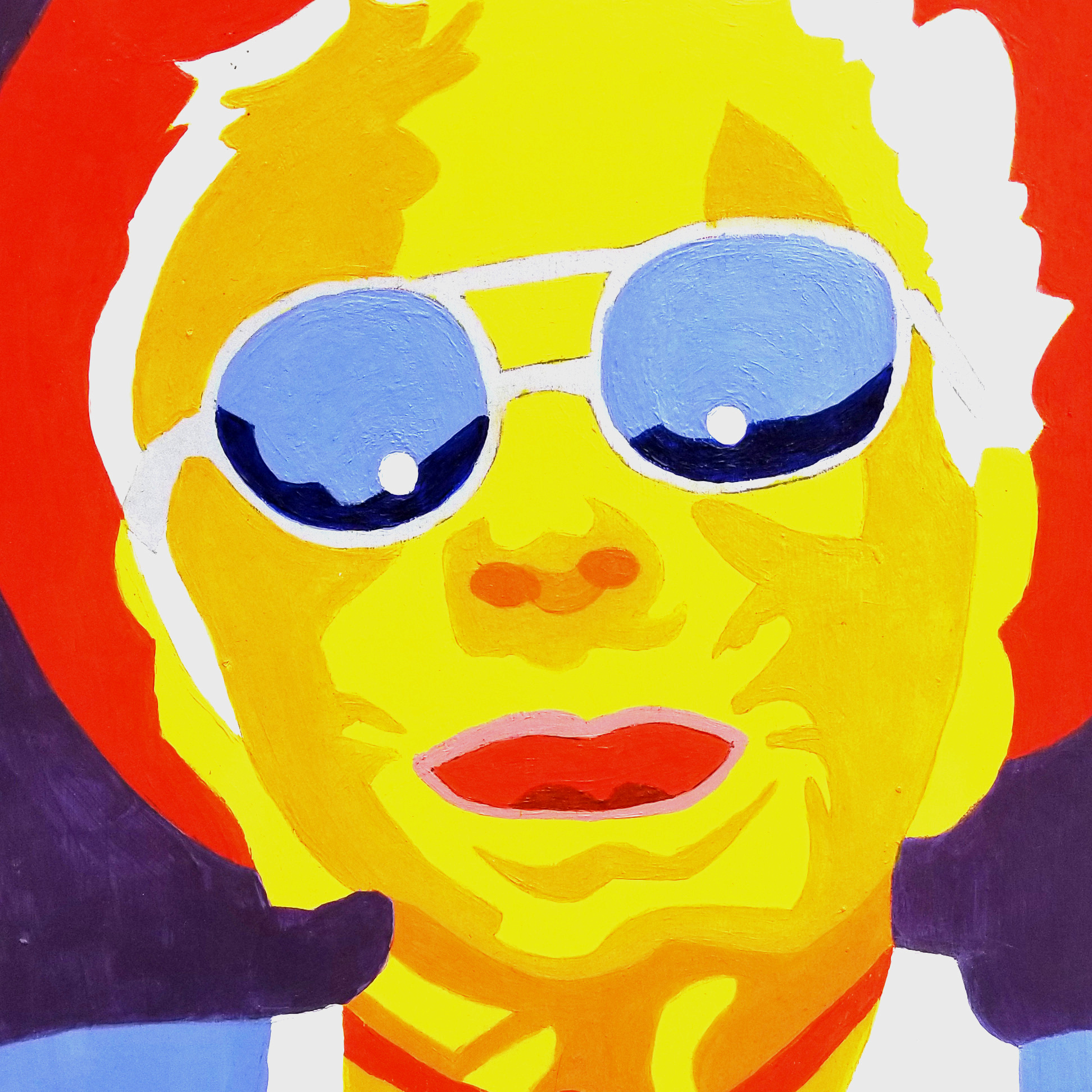The imposition of negative, stereotypical identities…
on minorities (ethnic, religious, racial, etc.) and other devalued social groups (women, the poor, etc.) within a society is a common and age-old practice. In the latter half of the 20th century, rejection and replacement of these "spoiled identities," became key, foundational aspects of a great many social and political movements. Groups that were stigmatized and oppressed for centuries, began a process of "identity construction", to establish new, self-defined identities which reflected self-awareness and self-respect, group diversity, humanity and pride.
The primacy of identity construction at Claraty Arts requires new approaches to the teaching and training the program provides to both its clients and staff. Entirely new subject matter on the nature and culture of disability is explored, adapted and presented as applicable to the lives of developmentally disabled people in modern American culture. Working closely and in partnership with its clientele, Claraty Arts strives to teach and promote new roles and responsibilities that can transform those we have expected to be perpetual learners into teachers and leaders, and those we have labeled passive and permanent consumers into dynamic, creative producers and contributors.
These goals affirm the belief that Claraty Arts has in the capabilities of its clientele. We believe we best serve and respect the artists we serve by establishing and maintaining high expectations for their development and growth, both as individuals and as a strong, cohesive, contemporary minority group.
From all of its participants, Claraty Arts expects a level of artistic standards and intention that will confront and challenge the stigmas and stereotypes that buries, conceals or dismisses their humanity. We feel our artists can, and will, accept the work ethic, experimentation and failure required for artistic growth and the struggles often inherent to artistic self-expression. We believe they seek honest recognition for true growth and accomplishment and not the empty, easy, condescending praise and reflexive high-fives too often given for simply being there; and we are certain that they distinctly know the difference.
Claraty Arts expects its artists, as developmentally and intellectually disabled adults, to coalesce as a social group determined to establish its own identity. To do this, they must understand who they are, where they came from, and how they are viewed, as individuals and as a group, in contemporary society. They must accept themselves, embrace and support each other, regardless of the nature, extent or status of their disabilities. We believe that through their art, the process and the product, this broad, ambitious vision will be realized.












